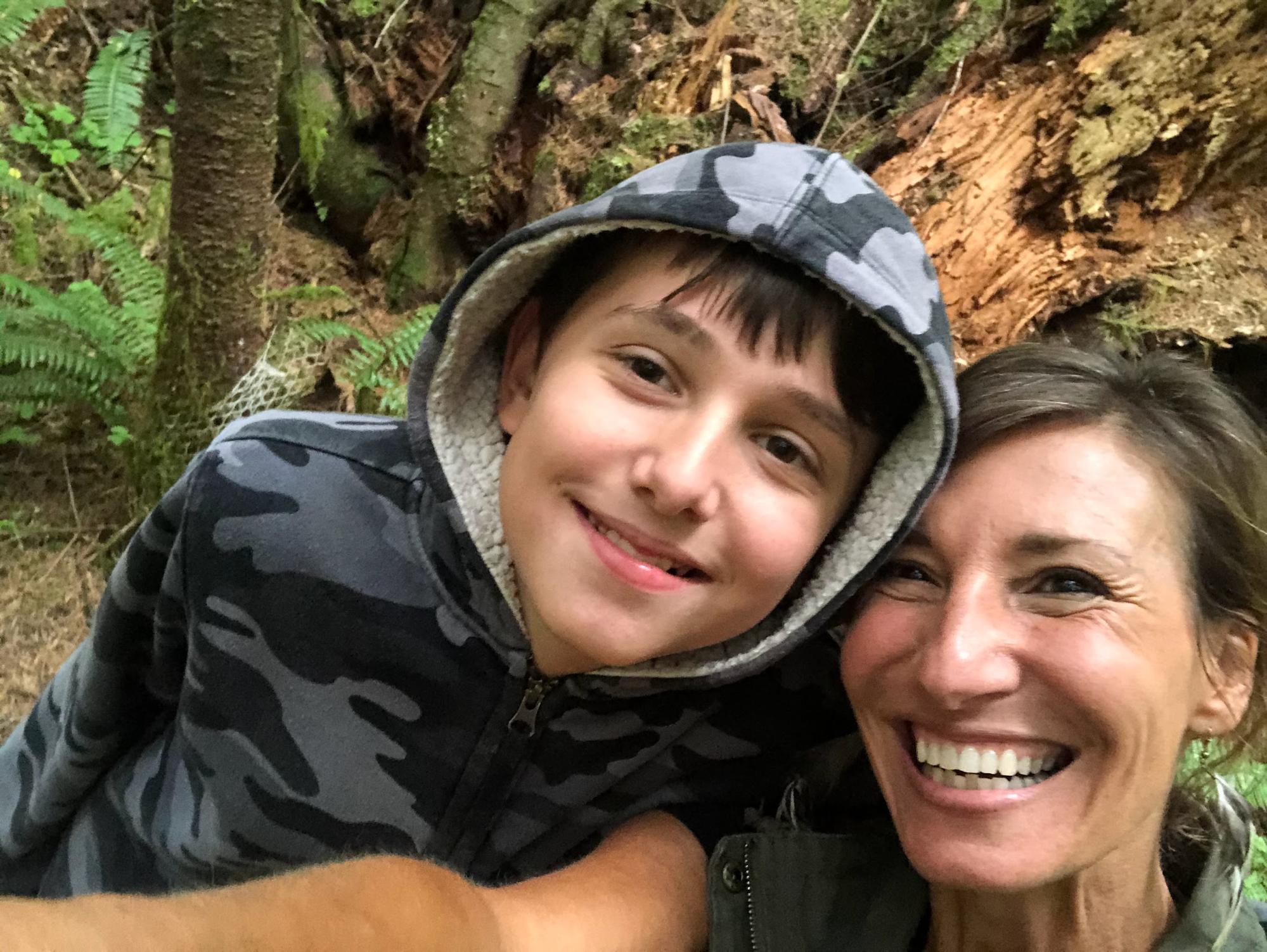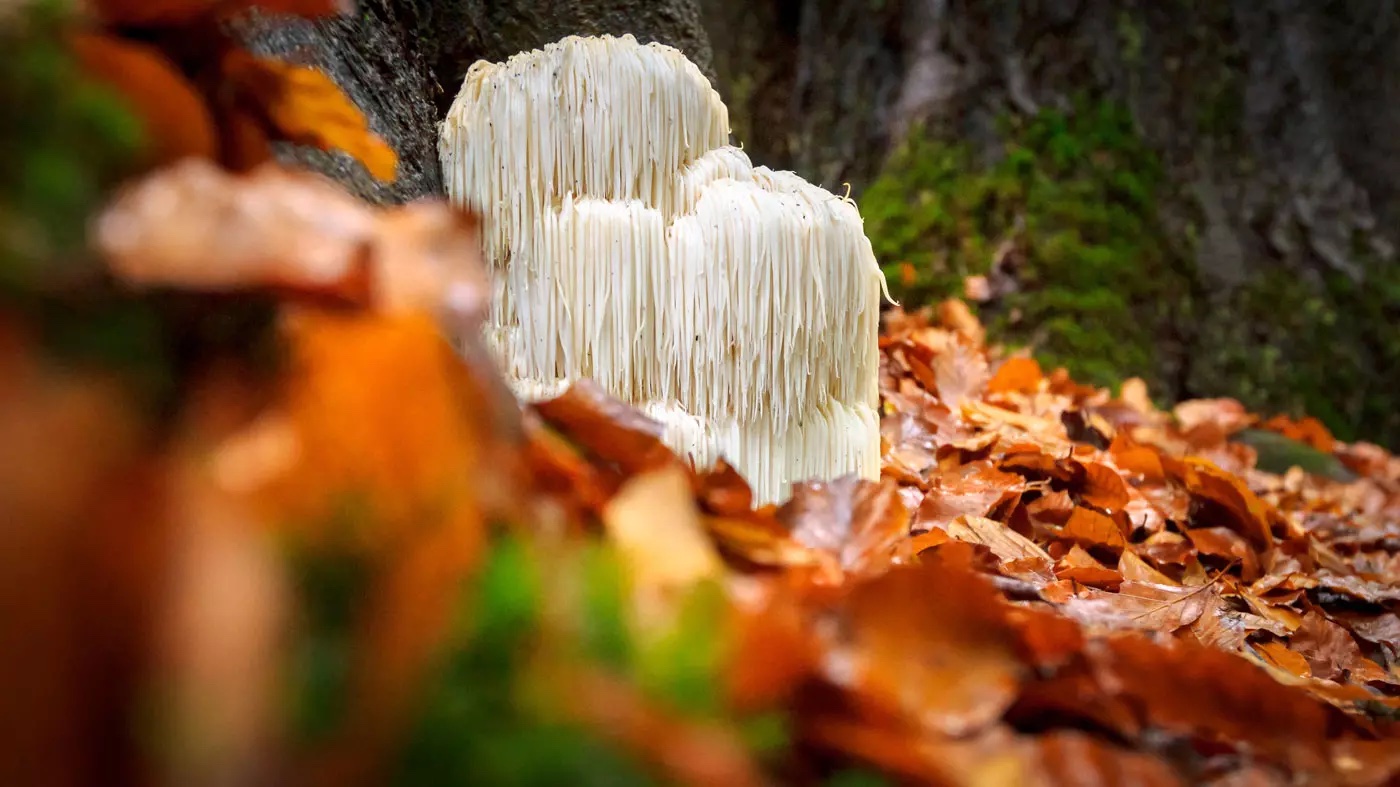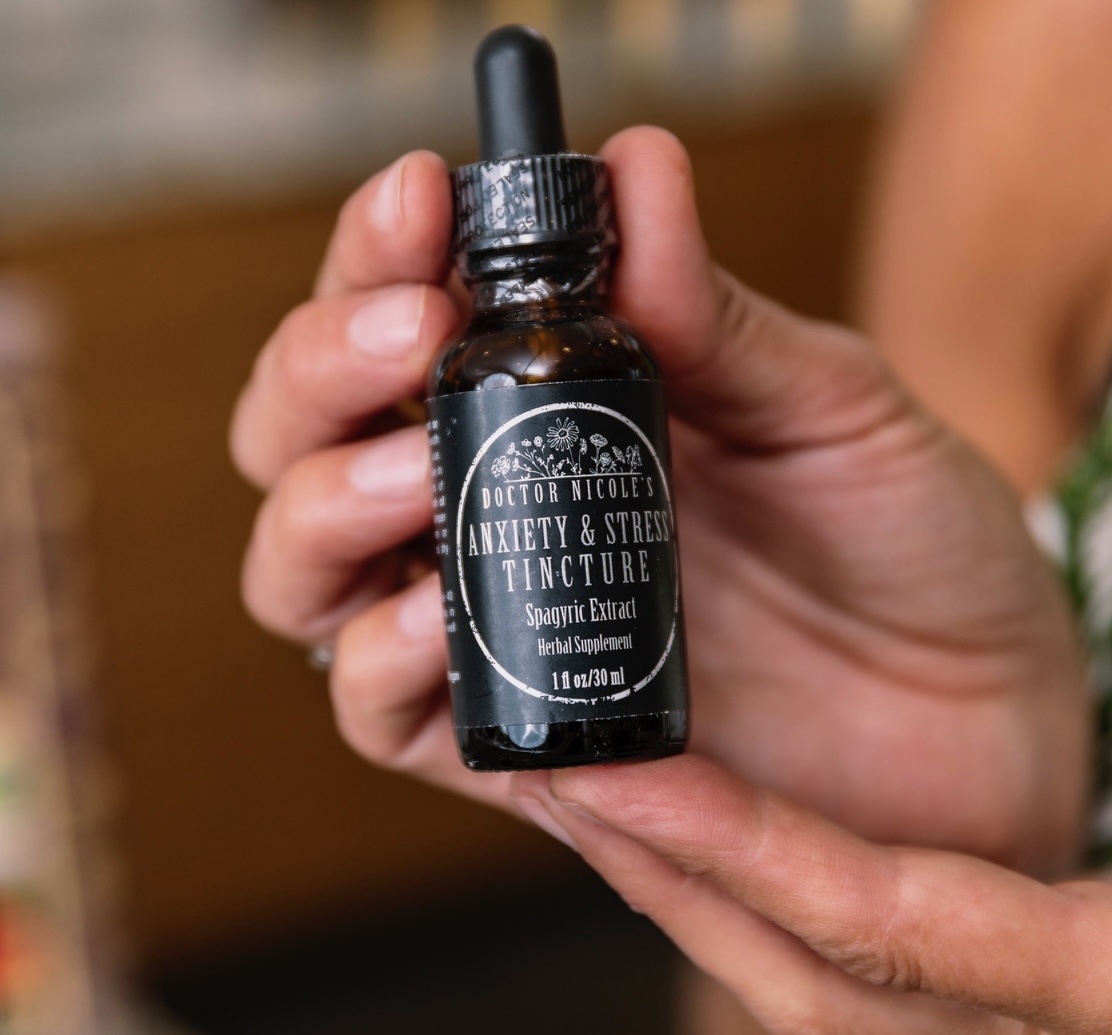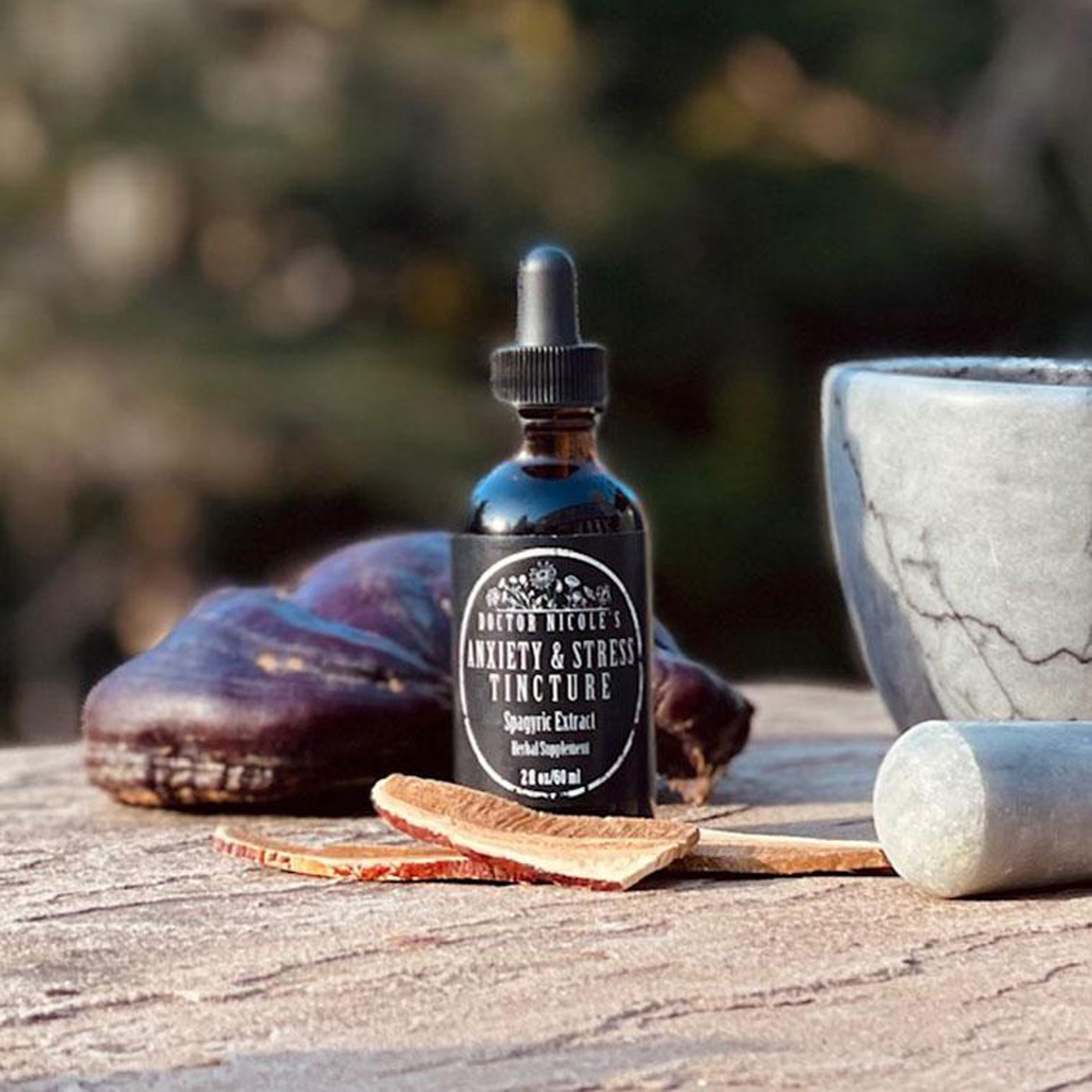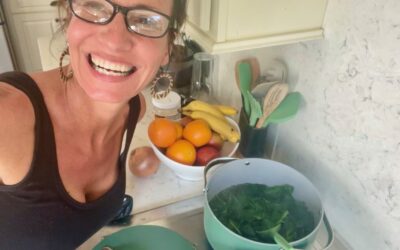An Opportunity for Transformation
Let’s face it. Life can be tough at times. When I was diagnosed with multiple sclerosis at age 30 — and wheelchair-bound not too long after — it was rough going. But looking back at this challenging season in life, I realize that it has made me into who I am today and I’m thankful for it. While this may seem counterintuitive, it is a crucial distinction of radical gratitude: not only feeling grateful for all the good things in our lives, but also for situations, people, and events that, frankly, we would like to avoid. It’s about turning an obstacle into an opportunity, transforming loss and negativity into a path of gratefulness.
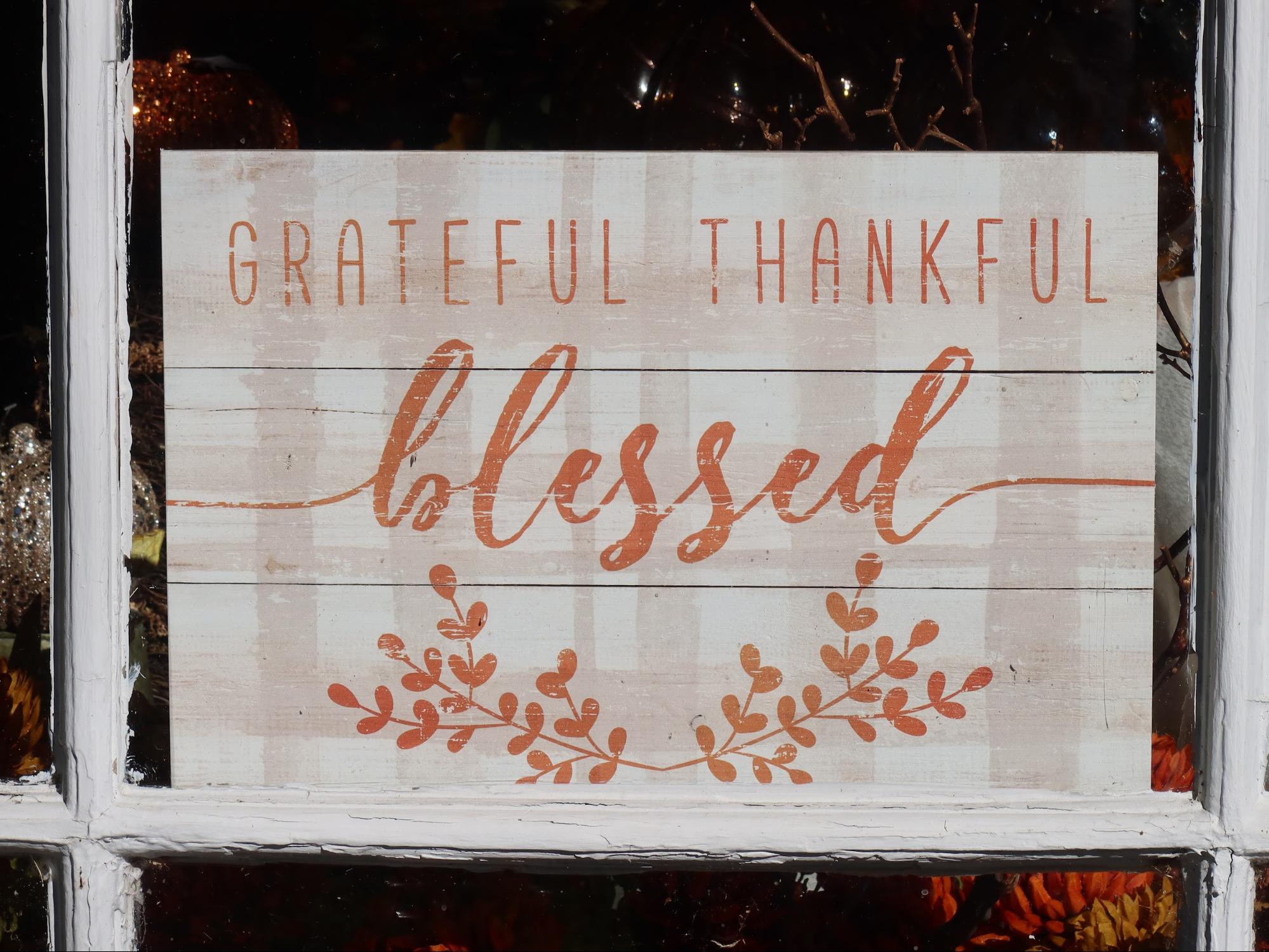
The Many Benefits of Gratitude
There are many reasons why we should practice gratitude: it’s good medicine for your health, transforms the workplace, improves relationships and career satisfaction, supercharges immunity and sleep, and can even encourage us to live more sustainably.
That’s quite the list!
Overall, gratitude helps us to cultivate contentment and happiness, leading to higher life satisfaction, better health, less stress, and more appreciation for everything in our lives — including that which may be challenging. It’s a powerful mental tool that can radically transform. However, it is easy to take all the good in our lives for granted. If you could use a little extra help in this area, keep reading to learn more about the core habits of highly grateful people.

Cultivating Thankfulness
Interestingly, thinking about loss can actually make you more grateful. How so? Researchers have found that when you imagine something suddenly disappearing from your life, you appreciate it much more — this can include contemplating your own death, a romantic partner vanishing, or giving up something good.1,2,3
Additionally, it’s important to take time to appreciate the little things. A freshly brewed cup of coffee, our children laughing, the sunrise, the moon. Savoring positive experiences helps to rewire our brains toward gratefulness. Mindfulness-promoting habits, such as prayer or paying attention when you eat, help to reduce our natural tendency to take things for granted.
We can also view the blessings in life as gifts, not birthrights. When we shift our perspective in this way, it helps to reduce feelings of entitlement, which in turn promotes gratefulness and interconnection with others. This brings us to the next point: recognizing the value of people, not just objects, in our gratitude.
By thanking and appreciating people in our lives, it helps to deepen our social bonds with others, builds emotional ties, and encourages positivity. Emiliana Simon-Thomas, science director for UC Berkeley’s Greater Good Science Center explains it this way:
“Experiences that heighten meaningful connections with others—like noticing how another person has helped you, acknowledging the effort it took, and savoring how you benefited from it—engage biological systems for trust and affection, alongside circuits for pleasure and reward. This provides a synergistic and enduring boost to the positive experience. Saying ‘thank you’ to a person, your brain registers that something good has happened and that you are more richly enmeshed in a meaningful social community.”5
Lastly, radical gratitude includes being thankful for challenging events and people in our lives. Losing a job, the end of a relationship, financial upsets — all are fair game for shifting the mental dialogue to one of appreciation. It’s important to point out that looking at life through a grateful lens does not mean we refuse to acknowledge the negative — it isn’t a kind of hyper-positive orientation run amok. Instead, it is a process of reframing that recognizes the situation is challenging, but also holds the seed of opportunity and transformation.
Having said that, many times we are faced with seasons in life that may seem overwhelming and it can be a struggle to find balance. This is where herbal remedies can help.
Calming the Stress Response & Easing Anxiety
Whenever I feel I need an extra level of support during a particularly busy and intense period, I turn to our Anxiety & Stress Blend. It was specifically formulated to help the body adapt to stress, calm the nervous system, and relieve anxiety, depression, and stress-related insomnia. What’s more, it supports cognitive function and cools neuroinflammation for optimal brain health. This blend contains concentrated extracts of ashwagandha and lemon balm, along with lion’s mane and reishi medicinal mushrooms that work synergistically to support a calm nervous system and clear thinking. It is my go-to formulation during times of stress for good reason!
LIFE-CHANGING FOR ME!
“I have been dealing with anxiety and stress for the last 18 years on and off since having kids and going through a divorce. I had a prescription for an anxiety medication but it left me feeling numb so I quit taking it and just suffered 🙁 Since meeting Nicole and trying her Anxiety and Stress Tincture I no longer allow myself to suffer. I am not good about taking it daily but when I need it, it has never failed me or left me feeling numb. I LOVE this tincture!! Within 10 minutes I feel like my normal self! It has been life-changing for me!!!” -Amanda G.
If you would like to learn more about our Anxiety & Stress Blend, along with many other helpful plant-based remedies, stop by my apothecary today!
Nicole Apelian
Nicole’s Apothecary Products in this Post
References
- “The Grateful Dead” by Jason March, Greater Good Magazine, October 11, 2011. https://greatergood.berkeley.edu/article/item/the_grateful_dead
- “Mental Subtraction of Relationships” Greater Good in Action. https://ggia.berkeley.edu/practice/mental_subtraction_relationships
- Quoidbach, J., & Dunn, E. W. (2013). Give It Up: A Strategy for Combating Hedonic Adaptation. Social Psychological and Personality Science, 4(5), 563-568. https://doi.org/10.1177/1948550612473489
- Hobson, N. M., Schroeder, J., Risen, J. L., Xygalatas, D., & Inzlicht, M. (2018). The Psychology of Rituals: An Integrative Review and Process-Based Framework. Personality and Social Psychology Review, 22(3), 260-284. https://doi.org/10.1177/1088868317734944
- “Six Habits of Highly Grateful People” by Jeremy Adam Smith, Greater Good Magazine, November 20, 2013.

